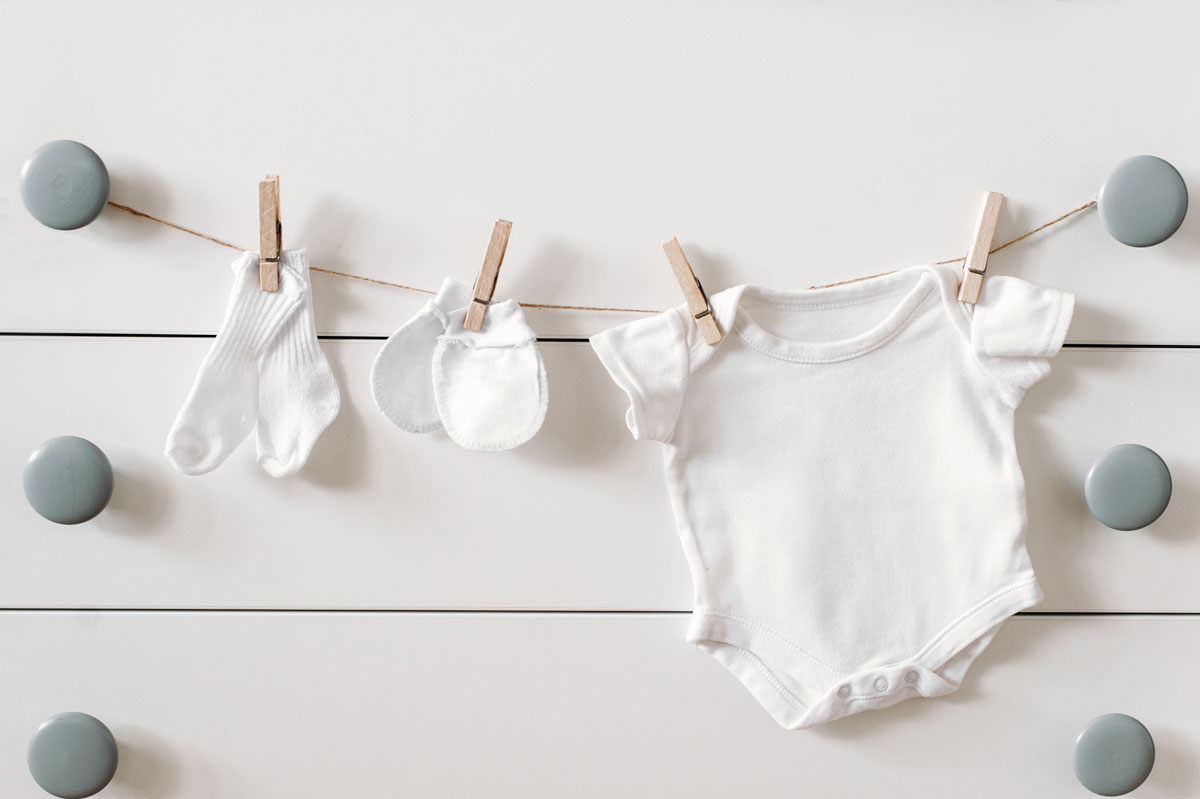I’m a parent, what can I do to help my child with a dry skin condition?
You should always consult your GP or health visitor if you have any concerns about the health of your baby or child or think they may have a dry skin condition.
In the UK, eczema affects up to 20% of children and up to 3% of adults1. Psoriasis affects between 2% and 3% of the UK population (an estimate of up to 1.8 million people)2. Approximately 4% of all skin conditions diagnosed in children under 16 are attributed to psoriasis3.
How do I know if my baby or child has a dry skin condition?4
Babies often get red, scaly skin known as eczema. The symptoms are patches of red, dry and itchy skin on the face or behind the ears, and in the creases of the neck knees and elbows. With psoriasis, there may be plaques on the skin that are red, itchy and sore, with white or silvery scales. It can occur anywhere on the body, but psoriasis on the palms and soles, or in areas where skin touches skin is usually a different type2.

How can I help to soothe the dry skin condition?
Remember to consult a doctor or health care professional for advice on the treatment and management of your child’s skin condition. We’ve collated some information from the NHS below that may help:
Eczema4
- Apply an unperfumed moisturiser (also known as an emollient) to the affected areas by smoothing into the skin several times a day for example, when you feed or change your baby to keep the skin hydrated
- Avoid using soap, baby bath and bubble bath as these can dry or irritate the skin. Instead use a soap substitute that will help to keep the skin moisturised and won’t strip the skin’s natural barrier
- Try to keep your child’s bedroom as cool as possible, as if they get hot then this can make their eczema worse
- Try to identify and avoid anything that may be irritating their skin, such as soap powder, animals and chemical sprays
Psoriasis3
- There are many different treatments available for psoriasis, it is best to speak with your doctor about the right one for your baby
- Keep the skin comfortable by using an emollient to regularly moisturise it
For more information please visit the Education Epicentre.
References
